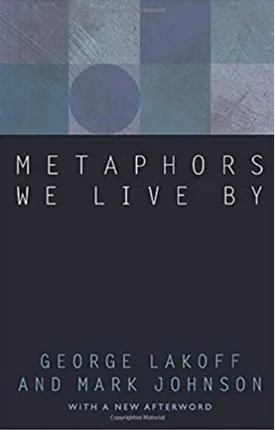George Lakoff
George Lakoff is a linguist, cognitive scientist, and philosopher who is best known for his influential theories on the structure of the human mind and language. He has written extensively in the fields of political theory, linguistics, cognitive science, and philosophy, and his work has had a profound impact on the academic world and popular culture.
Lakoff was born in 1942 in Los Angeles, California, and grew up in Southern California. He earned his BA from the University of California, Berkeley, in 1964 and his MA from Harvard University in 1969. He then returned to Berkeley where he completed his dissertation and was awarded his PhD in linguistics in 1972.
Since then, Lakoff has become a highly sought-after lecturer, holding teaching positions at the University of California, Berkeley, Massachusetts Institute of Technology, and the University of California at Santa Cruz. He has written and edited several important books on a variety of topics, including “Women, Fire, and Dangerous Things” (1987) and “Metaphors We Live By” (1980).
Lakoff's theories on metaphor, framed in his theory of Cognitive Linguistics, have shown how language can shape and influence our thinking. He has argued that our conceptual systems — that is, our ways of thinking and understanding — are shaped to a large degree by our metaphors. He has also suggested that we can improve our thinking not merely by altering the words we use or the images we evoke, but by changing the underlying conceptual system.
Lakoff has also examined the connections between language, thought, and behavior. In this vein, he has explored the use of language in forming political ideologies, and specifically its role in the formation of presidential campaigns. He has also examined how language affects morality, through an exploration of ethical metaphors.
In addition, Lakoff has contributed significantly to the field of neuroscience. His writings on the brain and language have explored the relation between neural networks and language, and how language is used to organize information in the mind. His work sheds light on how language interacts with emotion and how we can better use language in persuasion.
Lakoff has also recently been involved in the study of artificial intelligence. He has argued that AI can be limited by our conceptual basis of language and, thus, is as much a product of cognitive linguistics as any other.
Throughout his career, Lakoff has sought to bridge the gap between scientific research and public discourse. He has been an active contributor to political debates, often engaging in public debates over issues such as climate change, public education, and taxes. He has also sought to make cognitive linguistics and neuroscience accessible to non-experts and to encourage their use in the classroom setting.
George Lakoff is one of the most respected and influential intellectuals working today. His work in linguistics, cognitive science, and philosophy has had a profound impact on how we view the structure of language and how we comprehend and use language. His research has also been used to inform policy decisions and to improve our understanding of the mind, politics, and morality. Lakoff's unique approach to academic study has helped define our understanding of language and its role in our lives and society.

